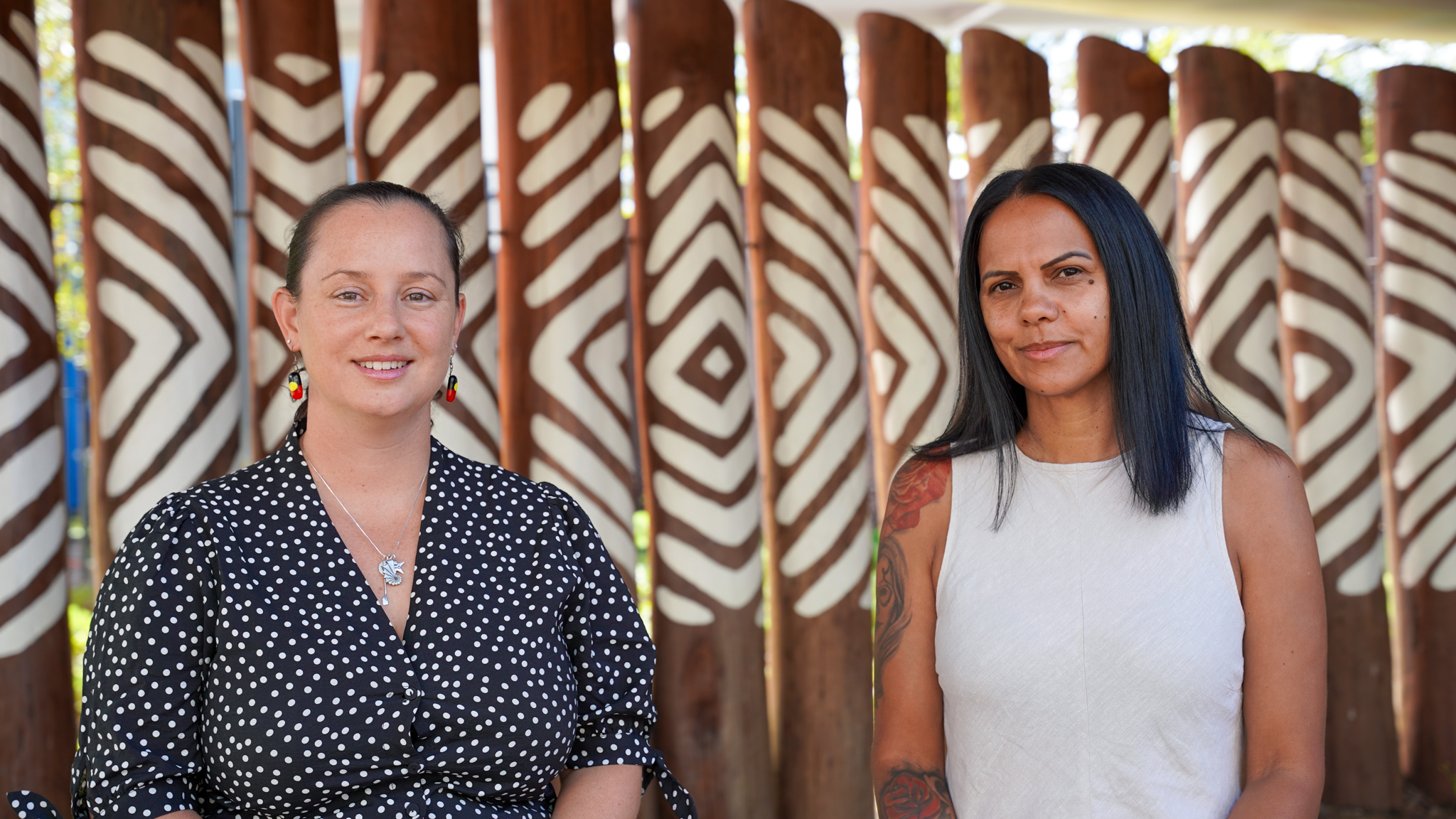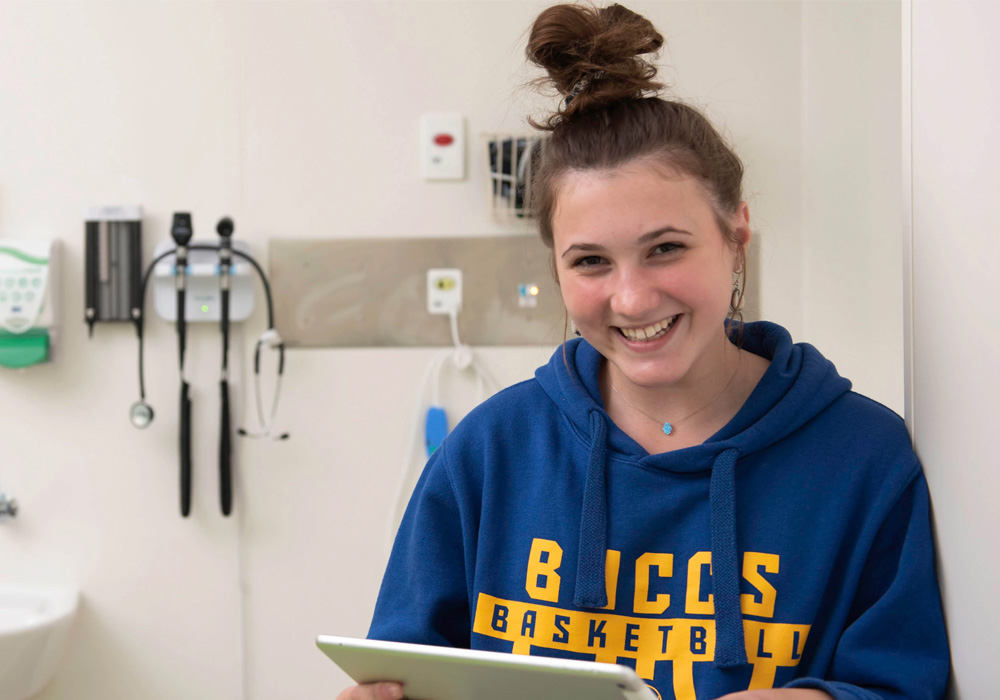Search
Showing results for "Au"
Research
Mapping Lung Hematopoietic Progenitors: Developmental Kinetics and Response to Influenza A InfectionThe bone marrow is a specialised niche responsible for the maintenance of hematopoietic stem and progenitor cells during homeostasis and inflammation. Recent studies however have extended this essential role to the extramedullary and extravascular lung microenvironment. Here, we provide further evidence for a reservoir of hematopoietic stem and progenitor cells within the lung from embryonic day 18.5 until adulthood.
Research
Gender non-conformity in childhood and adolescence and mental health through to adulthood: A longitudinal cohort study, 1995-2018Few studies have examined associations between gender non-conformity (GNC) in childhood or adolescence and mental health outcomes later in life. This study examined associations between GNC and mental health over multiple time points in childhood and adolescence, and GNC in childhood and/or adolescence and mental health in adulthood.
Research
Symbiotic symphony: Understanding host-microbiota dialogues in a spatial contextModern precision sequencing techniques have established humans as a holobiont that live in symbiosis with the microbiome. Microbes play an active role throughout the life of a human ranging from metabolism and immunity to disease tolerance. Hence, it is of utmost significance to study the eukaryotic host in conjunction with the microbial antigens to obtain a complete picture of the host-microbiome crosstalk.
Research
Evaluating COVID-19-Related Disruptions to Effective Malaria Case Management in 2020–2021 and Its Potential Effects on Malaria Burden in Sub-Saharan AfricaThe COVID-19 pandemic has led to far-reaching disruptions to health systems, including preventative and curative services for malaria. The aim of this study was to estimate the magnitude of disruptions in malaria case management in sub-Saharan Africa and their impact on malaria burden during the COVID-19 pandemic. We used survey data collected by the World Health Organization, in which individual country stakeholders reported on the extent of disruptions to malaria diagnosis and treatment.
Research
Ventilatory response and stability of oxygen saturation during a hypoxic challenge in very preterm infantsPreterm infants have immature control of breathing and impaired pulmonary gas exchange. We hypothesized that infants with bronchopulmonary dysplasia (BPD) have a blunted ventilatory response and peripheral oxygen saturation (SpO2 ) instability during a hypoxic challenge.
Research
Individual-Level Risk and Resilience Factors Associated with Mental Health in Siblings of Individuals with Neurodevelopmental Conditions: A Network AnalysisSiblings of individuals with neurodevelopmental conditions (NDCs) are exposed to unique family environments and experience a range of psychosocial risk and resilience factors.

A first of its kind research program at The Kids Research Institute Australia aims to develop new strategies to better treat Aboriginal and Torres Strait Islander children with cancer.

The Infectious Disease Implementation Research Team is a multi-disciplinary group researching the best way to implement infectious disease prevention and treatment strategies to improve the wellbeing of children and teenagers.
The Opportunity BEAT CF is a national, 5 year, multi-centre platform trial to improve the management of children and adults with Cystic Fibrosis. Be
Research
Immune modulation by UV: Role of vitamin DIn this chapter, evidence for and evidence against the involvement of vitamin D in the immunoregulatory properties of UV radiation is presented.
